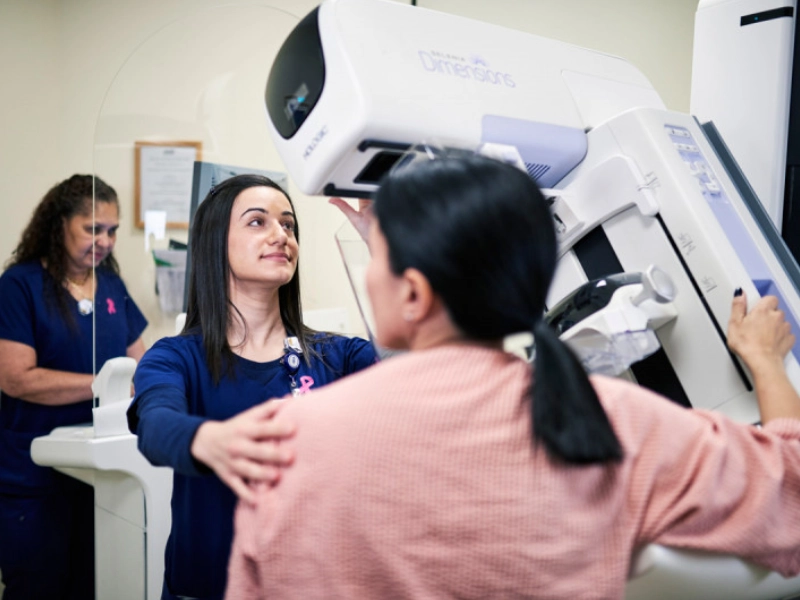Cancer Screening – Why Is It Important?

Screening refers to the process of examining individuals who exhibit no symptoms for cancer or pre-cancerous cells. Various screening tests have been proven effective in detecting cancer at an early stage, thereby decreasing the probability of mortality due to cancer.
Cancer screening refers to the process of searching for cancer in advance without an individual having any noticeable symptoms. Screening helps in detecting cancer even before the symptoms have manifested. This will help in better treatment and management of cancer.
Regular screening tests can help detect breast, cervical, and colorectal cancers at an early stage when treatment is most effective. In addition, doctors’ advice individuals at a higher risk of developing lung cancer to undergo screening.
Goal of Cancer screening tests
- To help reduce mortality rate associated with cancer
- Prevent early deaths due to cancer
- To reduce the number of cancer cases
Which type of cancers have screening tests?
The following types of cancer screening tests are available:
- Lung Cancer
- Breast Cancer
- Colorectal cancer
- Cervical Cancer
- Skin Cancer
- Prostate Cancer
- Head and Neck Cancer
Colorectal Cancer Screening
Typically, the onset of colorectal cancer occurs as a result of abnormal growths known as precancerous polyps in the rectum or colon. To prevent the progression of these polyps into cancer, screening tests can identify their presence and enable their removal. Furthermore, screening tests can detect colorectal cancer in its early stages, which is the optimal time for effective treatment.
Cervical Cancer Screening
Through the Pap test, it is possible to identify irregular cells in the cervix that have the potential to develop into cancerous cells. By using the HPV test, it is also possible to detect the presence of the human papillomavirus (HPV), which is responsible for causing these cellular transformations. Additionally, the Pap test can identify cervical cancer at an early stage, providing a higher chance of successful treatment.
Breast Cancer Screening
The most effective method of identifying breast cancer at an early stage, before it becomes palpable or produces symptoms, is through the use of mammograms. The early detection of breast cancer allows for more straightforward treatment options.
Prostate Cancer Screening
Men who are at average risk can consider taking the prostate-specific antigen (PSA) blood test from the age of 50 onwards, while those who are at higher risk may need to take it earlier. It is important that men receive sufficient information from their healthcare provider about the potential risks, benefits, and uncertainties of undergoing the screening process. This will help them make an informed decision about whether or not to proceed.
Bottom Line
Regular screening tests can help assist in detecting cancer in its early stages, when treatment options are typically more viable. The American Cancer Society offers screening guidelines for various types of cancer, such as breast, colorectal, cervical, lung, and prostate cancer. Note: It is crucial to know that cancer screening tests aim to identify cancer in individuals who do not exhibit any symptoms. These tests differ from those that a doctor might order if you are experiencing symptoms that could be caused by cancer. If you notice signs or symptoms that could be indicative of cancer, such as a breast lump or blood in your stool, seek medical attention from your healthcare provider. Do not delay seeking medical care if you are experiencing signs or symptoms that could be related to cancer.